BT bites back after being labelled a BDUK "grant junkie"
Telco calls ISPA conference criticism "nonsensical" and "disingenuous".

BT has hit back angrily at industry watchers who've likened the firm to a "grant junkie" when it comes to securing funding for the Broadband Delivery UK (BDUK) programme.
The 1.2 billion BDUK project was set up to bankroll the deployment of superfast broadband to a third of the UK, particularly rural areas. However, it has come under fire for being non-competitive and poor value for money.
BT became the programme's sole supplier in March 2013 after Fujitsu bowed out.
Others sit on the sidelines and snipe, but if there was an easy buck to be made out of delivering this stuff, then the queue of companies lining up to take these grants would've stretched longer than just BT.
During a panel session at the Internet Service Providers' Association (ISPA) annual conference last week, the telco found itself on the receiving end of a barrage of criticism about its involvement in BDUK.
In particular, the scheme was lambasted for allegedly failing in its mission to "revitalise" the SMB market, and representing poor value for money.
Speaking at the event, Malcolm Corbett, CEO of the Independent Networks Co-Operative Association (INCA), said many SMBs rely on home workers to operate, who are often let down by their broadband connections.
"Everything has changed for anyone who works from home. Upload speeds have become increasingly important now, and are almost as important as download speeds," he said.
Get the ITPro daily newsletter
Sign up today and you will receive a free copy of our Future Focus 2025 report - the leading guidance on AI, cybersecurity and other IT challenges as per 700+ senior executives
"Businesses that operate from homes in rural areas need the same quality connections as we have in urban areas.
"INCA members would argue, we need to be focused on creating a transformational digital infrastructure that will underpin the future economic livelihood of Britain," he added.
Corbett even went as so far as to label BT a "grant junkie" that's using BDUK as means to extend its "monopoly" hold on the UK's infrastructure.
"BT has been brilliant at scoring 1.2 billion in grant funding without actually telling anybody what it's really going to go with the money or what it's really going to cost," said Corbett.
"It's situation where it's very hard for the public sector, because there's no competition, to tell if it's getting genuine value for money for this."
Corbett then went on to call for an overhaul of how the BDUK investment model works, while highlighting the economic benefits a better connected UK could potentially bring.
"This is a grant junkie we're feeding. We need to start thinking of new ways of investing in this infrastructure that encourages more funding to come in from the private sector and communities," he said.
In a statement to IT Pro, a BT spokesperson described claims BDUK is not benefiting SMBs as "laughable", and declaredits labelling as a "grant junkie" to be "completely nonsensical".
"Others have been able to sit on the sidelines and snipe, but if there was really an easy buck to be made out of delivering this stuff, then the queue of companies lining up to take these so-called 'grants' would've stretched a lot longer than just BT," the BT statement reads.
"Not only that, but the whole BDUK model is based around us delivering first and accepting the payback period for our shareholders will stretch well over a decade. We're also taking on-board all of the financial risk in terms of take-up once the fibre goes in the ground, so to suggest BT is simply soaking up hand-outs is completely disingenuous," it added.
The statement then went on to stress the successes BDUK has had across the UK, and the progress being made to deliver on its promises.
"We were originally due to complete our commercial rollout (to 19 million UK premises) by the end of 2015. That dates has jumped forward to the end of Spring 2014, so we are well ahead of schedule. Meanwhile many BDUK projects are going over their 90 per cent coverage targets, and thousands of homes and businesses are being hooked up every week.
"It would be worth asking those people the ones that are realising the benefits of this transformative technology - what they think of it all," the statement concluded.
-
 Should AI PCs be part of your next hardware refresh?
Should AI PCs be part of your next hardware refresh?AI PCs are fast becoming a business staple and a surefire way to future-proof your business
By Bobby Hellard
-
 Westcon-Comstor and Vectra AI launch brace of new channel initiatives
Westcon-Comstor and Vectra AI launch brace of new channel initiativesNews Westcon-Comstor and Vectra AI have announced the launch of two new channel growth initiatives focused on the managed security service provider (MSSP) space and AWS Marketplace.
By Daniel Todd
-
 Equinix acquires BT's Irish data centers in €59 million deal
Equinix acquires BT's Irish data centers in €59 million dealNews As BT moves to an asset-light business model, Equinix looks to expand
By Emma Woollacott
-
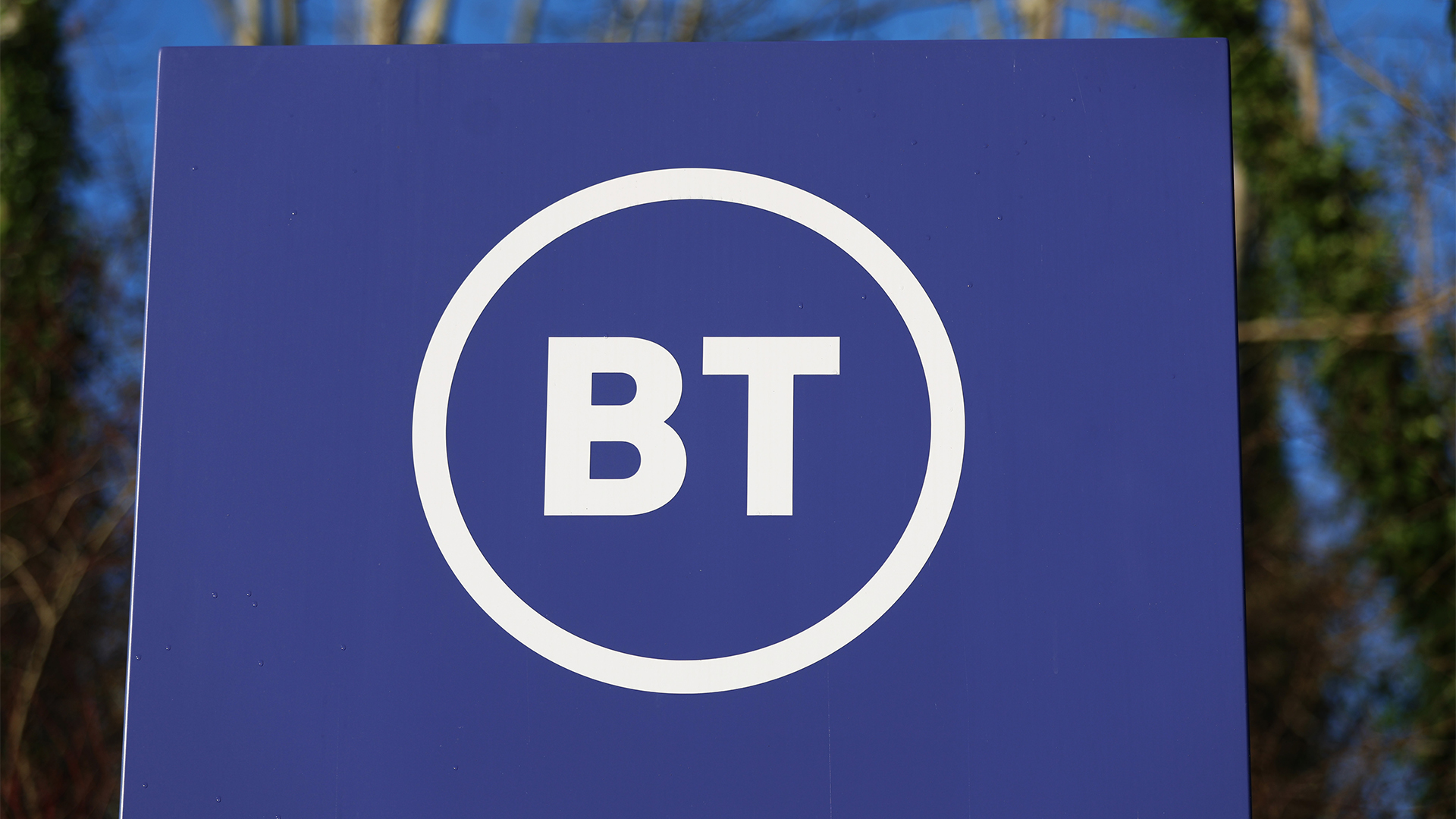 BT just extended the PSTN switch-off deadline — here’s what you need to know
BT just extended the PSTN switch-off deadline — here’s what you need to knowNews BT described the move as a “revision”, citing a series of improvements to the wider PSTN switch-off programme
By George Fitzmaurice
-
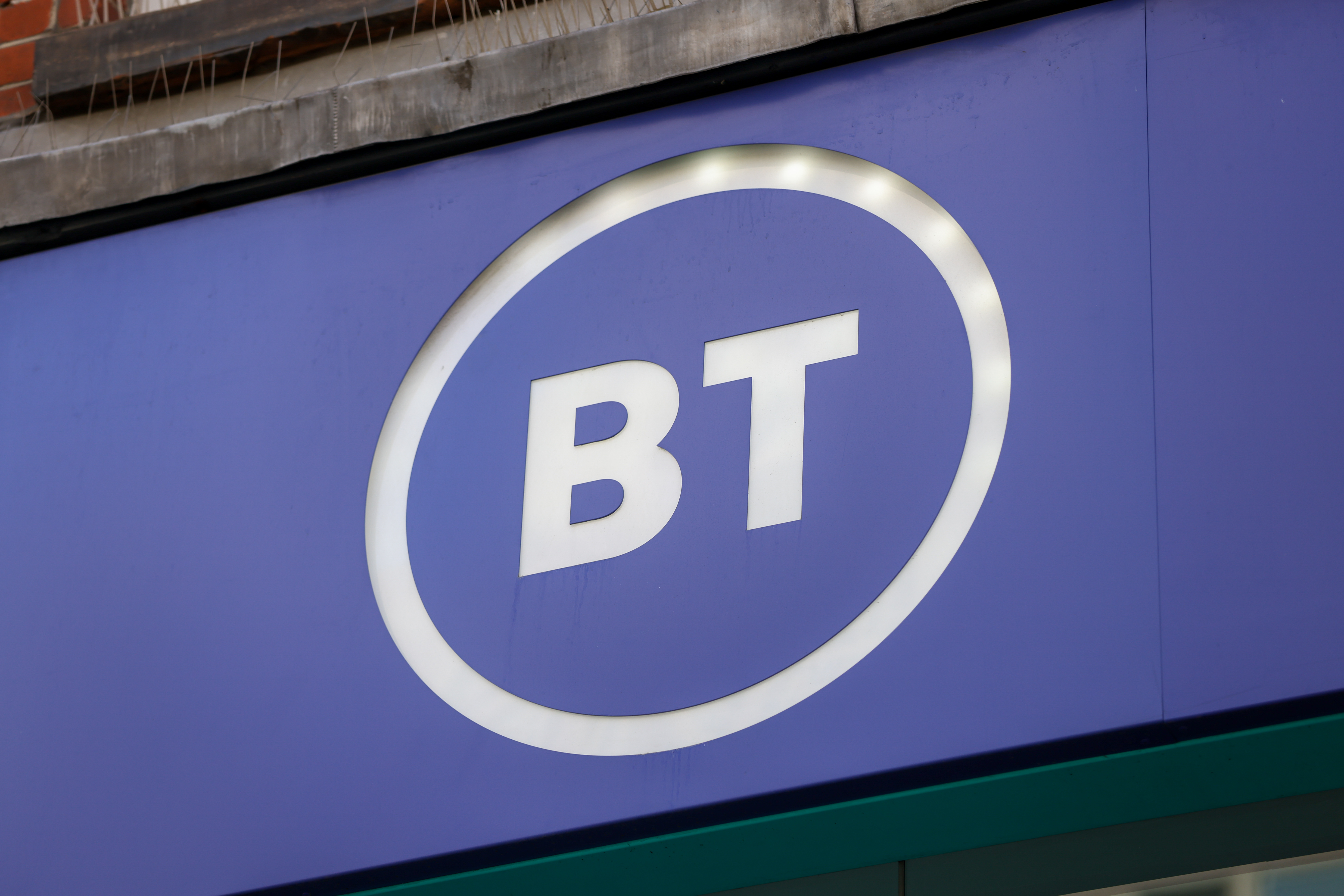 BT misses key Huawei kit removal deadline, but the telco is “almost over the line”
BT misses key Huawei kit removal deadline, but the telco is “almost over the line”News BT is still reliant on non-compliant Huawei equipment for 2G and 3G services
By Ross Kelly
-
 BT partners with HPE to deliver new global managed LAN service
BT partners with HPE to deliver new global managed LAN serviceNews The latest collaboration combines BT’s connectivity expertise with HPE Aruba Networking’s latest LAN solutions
By Daniel Todd
-
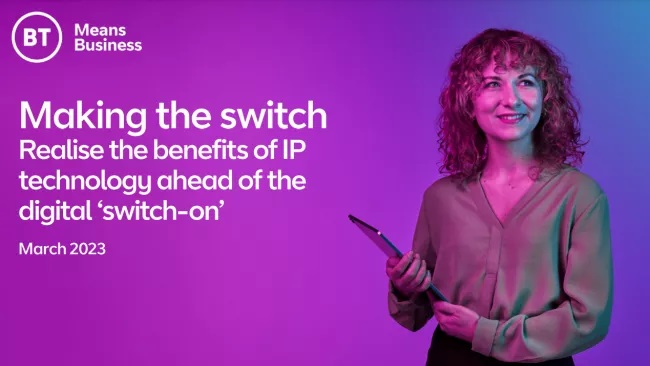 Making the switch
Making the switchWhitepaper Realise the benefits of IP technology ahead of the digital ‘switch-on’
By ITPro
-
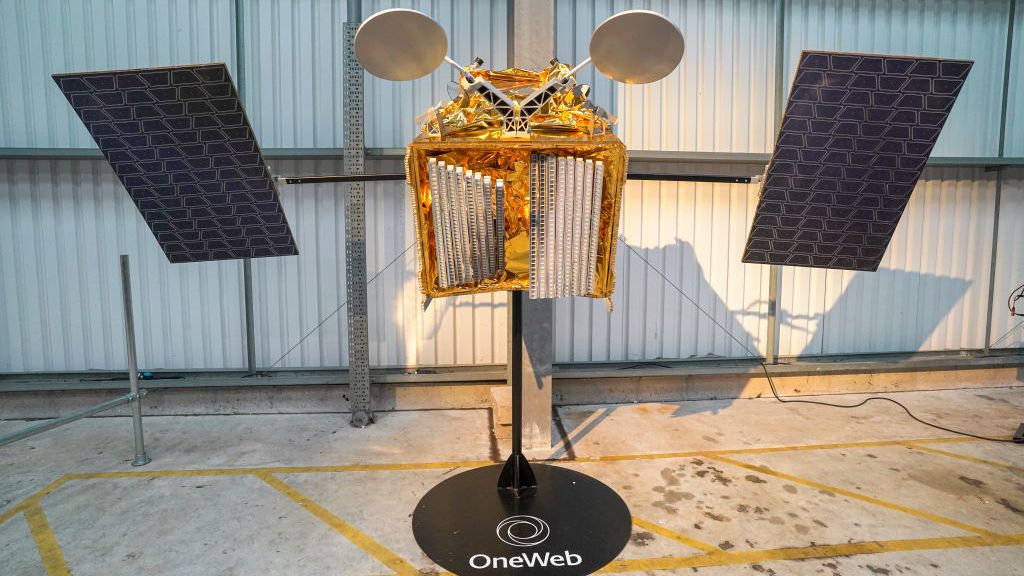 BT and OneWeb succeed in "game changer" satellite connection trial
BT and OneWeb succeed in "game changer" satellite connection trialNews Smaller businesses in rural areas could benefit from improvements to backhaul services using satellites, with speeds increasing by an order of magnitude
By Rory Bathgate
-
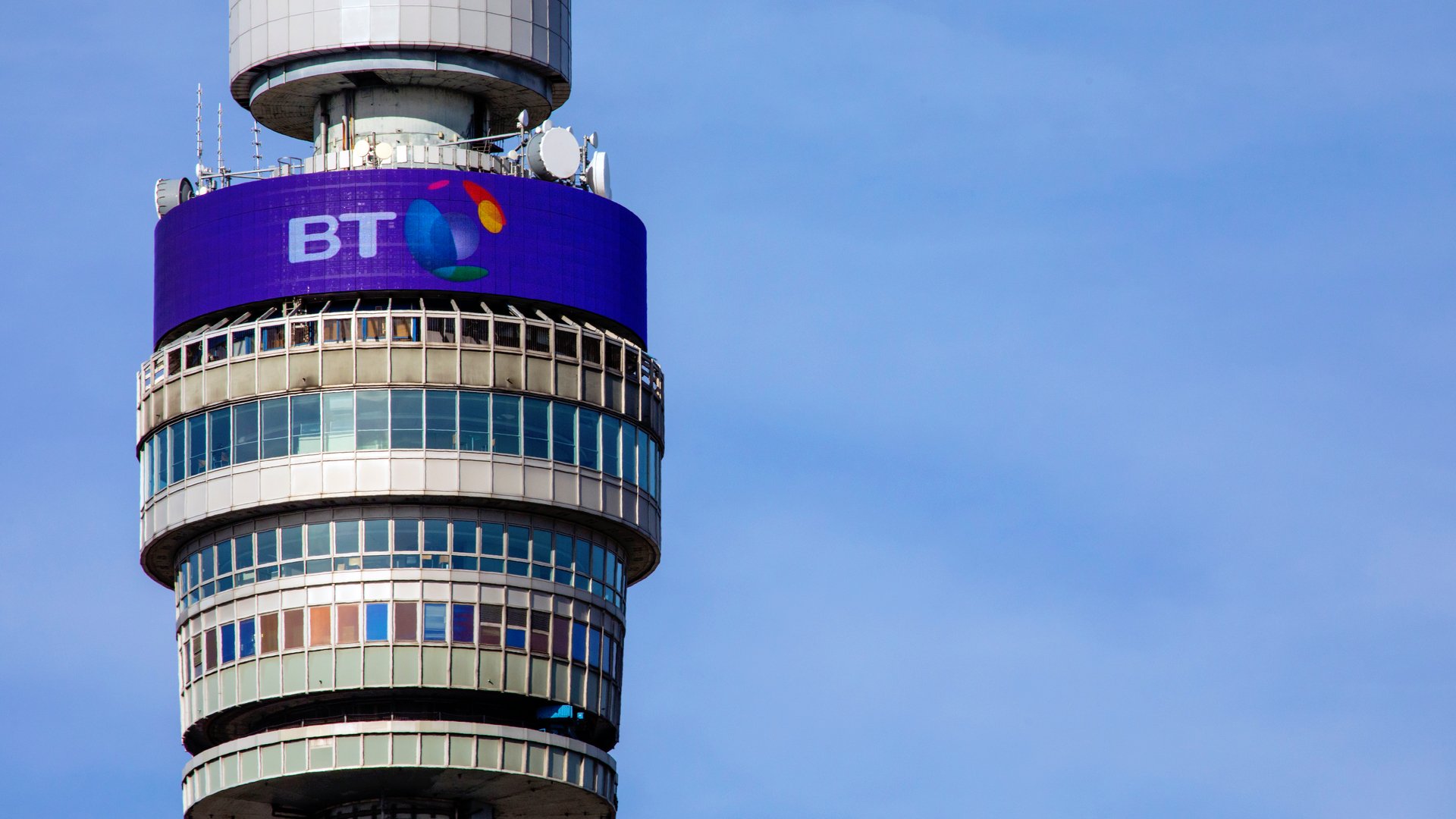 BT, Nokia crack four carrier aggregation on a 5G network in first for Europe
BT, Nokia crack four carrier aggregation on a 5G network in first for EuropeNews The breakthrough marks the first successful use of such technology on a live network, and could lead to dramatic network improvements
By Rory Bathgate
-

 BT Mini Whole Home Wi-Fi review: Value-conscious range extension
BT Mini Whole Home Wi-Fi review: Value-conscious range extensionReviews You shouldn’t expect top performance, but this dinky mesh system eradicates notspots for a great price
By Darien Graham-Smith